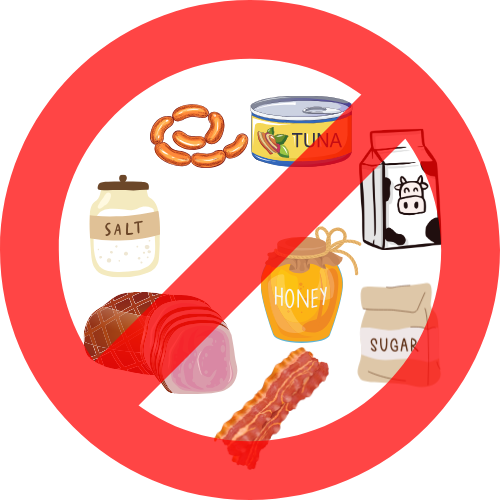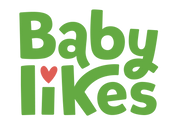Honey
Wait until your child is over 1 year old to introduce honey to avoid the risk of infant botulism, a serious type of food poisoning caused by bacterial spores found in honey. Do not add honey to your baby’s food, water, infant formula, or on their pacifier. All forms of honey (i.e. cooked, pasteurised, unpasteurised, raw) must be avoided. Take note that some prepared foods such as Sliced bread, baked goods, and store-bought cereals contain honey.
Whole Nuts and Peanuts
To prevent choking hazards, avoid giving whole nuts or peanuts to children under 5 years old. Instead, offer crushed, ground, or smooth nut or peanut butter from around 6 months old. If there's a history of food allergies or other allergies in your family, talk to your GP or health visitor before introducing nuts and peanuts.
Some Cheeses
While cheese can be part of a balanced diet, certain types, such as soft, mould-ripened cheeses, and unpasteurised varieties should be avoided due to the risk of listeria. You can give your baby pasteurised cheeses such as hard cheeses and cream cheese.
Raw and Lightly Cooked Eggs
Ensure eggs are thoroughly cooked to reduce the risk of salmonella contamination. Avoid raw eggs and dishes containing uncooked egg. Therefore, eggs must be cooked fully to an internal temperature of 71 degrees C (160 degrees F) before serving them to babies. In some countries, there are salmonella-free eggs marked as Safest Choice in the US and Red Lion Stamp in the UK.

Foods to Avoid in the First Year
When it comes to introducing solid foods to babies , it is important that parents choose the correct foods that will give their babies a nutritious and balanced diet. Parents must steer clear of certain foods that can pose risks to their health. Below is a guide to help ensure the safety of your little ones.
Salt
Do not add salt to your baby's food or cooking water, and be cautious of high-salt foods like canned foods, processed meats (e.g., lunch meats, sausages, hot dogs, ham, bacon), and frozen dinners should be avoided.
Cow’s milk as a beverage
Avoid giving Cow’s milk because of its low iron status and high levels of protein and minerals which are too much for your baby's kidneys. This may also put your baby at risk for intestinal bleeding. Foods with added sugars, low-calorie sweeteners, or no-calorie sweeteners must be avoided. Foods with added sugars can include muffins, flavoured yogurts, or cookies.
Saturated Fat
Avoid foods high in saturated fat, such as crisps and cakes, as they can impact heart health. Choose options lower in saturated fat and check nutrition labels for healthier choices.
Due to high mercury levels, avoid giving babies king mackerel, bluefin tuna, white albacore, shark, swordfish, or marlin, as they can affect brain and nervous system development.
The foods mentioned above are just examples that babies younger than 1 year old must avoid. Consult with your baby’s GP or health professional for further guidance.
